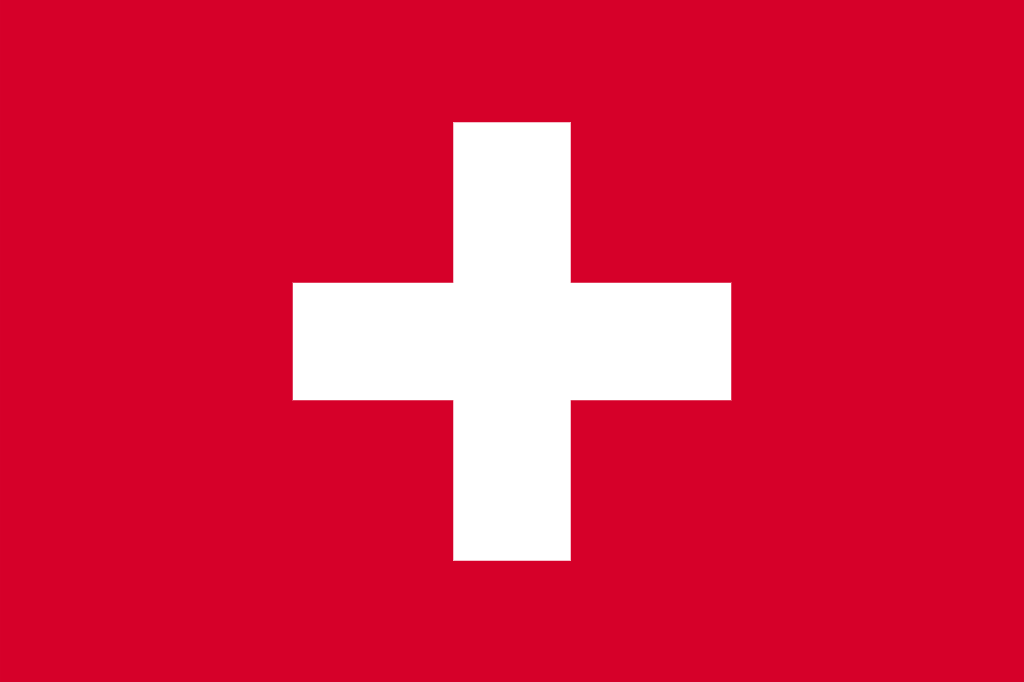
Medical marijuana was legalized in Switzerland in 2008 and recreational marijuana was decriminalized in 2012.
In Switzerland, THC content of 1% or more is classified as an illegal drug, making it illegal to grow, possess, and use. However, possession of small amounts of cannabis (less than 10 g) is considered negligible by law and there are no penalties.
In 2021, the Federal Law on Narcotic Drugs and Psychotropic Substances was amended to allow for research use, and in 2022 a large-scale recreational marijuana testing program was initiated.
In 2023, several areas are testing 2,100 adults over the age of 18 to test the effects of cannabis on individuals and the public.
Medical cannabis in Switzerland
Medical cannabis was legalized in Switzerland in 2008 and will be fully legalized in August 2022.
Until 2021, patients requiring medical cannabis had to seek permission from the Swiss Federal Office of Public Health (FOPH), but from 2022 it will be available only with a doctor’s prescription. Furthermore, the cultivation, processing, and trade of cannabis for medical purposes, as well as the export of medical cannabis for commercial purposes, are now permitted.
According to the Swiss Public Broadcasting Institute, by 2019, about 3,000 permits will have been issued, including to cancer patients, patients with neurological diseases, and patients with multiple sclerosis.
The legalization is only for products with a THC concentration of less than 1% and high CBD content.
It is said that this full legalization will bring a lot of profit to Swiss CBD companies.
CBD is legal
CBD is legal in Switzerland, and only products with a THC content of less than 1% are considered industrial hemp.
In recent years, CBD products have become increasingly popular in Switzerland, and more and more people are incorporating CBD into their daily lives. CBD became legal in 2017 and can be legally sold as long as it does not cause psychotropic effects.
If the product contains more than 1% THC, it is treated as a drug and is illegal.
A THC content of 1% is high compared to other European countries, with other European countries setting the upper limit at 0.2% to 0.3%.
CBD products come in a variety of forms, including not only the standard CBD oil, but also edibles, hemp tea, cosmetics, CBD food for pets, and Cannabis Light as a tobacco substitute.
Cannabis cultivation in Switzerland
Individuals are allowed to cultivate cannabis as long as the THC concentration does not exceed 1%.
If the THC concentration exceeds 1%, a permit is required. Generally, cultivation of varieties with THC above 1% is only permitted for chemical or medical purposes.
The law on cannabis is different at the federal and cantonal level, so please check in advance.
Will Switzerland legalize cannabis?
Switzerland is one of the most progressive countries in Europe when it comes to cannabis and drugs.
Medical marijuana has been fully legalized, and a pilot project is currently underway to advance recreational marijuana for adults. Depending on the outcome of this project, the possibility of legalizing recreational marijuana may be felt.
In Europe as a whole, Germany has officially decided to legalize recreational marijuana use.
Conclusion
We have introduced the cannabis situation in Switzerland.
In Switzerland, medical marijuana is legal and recreational marijuana is a non-criminal offense. Recreational marijuana with a THC concentration of more than 1% remains illegal.
Various studies and projects are still being conducted on the effects and potential of cannabis, and further deregulation may be expected as progress is made.
The Swiss government believes that proper regulation of cannabis will facilitate medical use and deter the illegal sale of cannabis.
